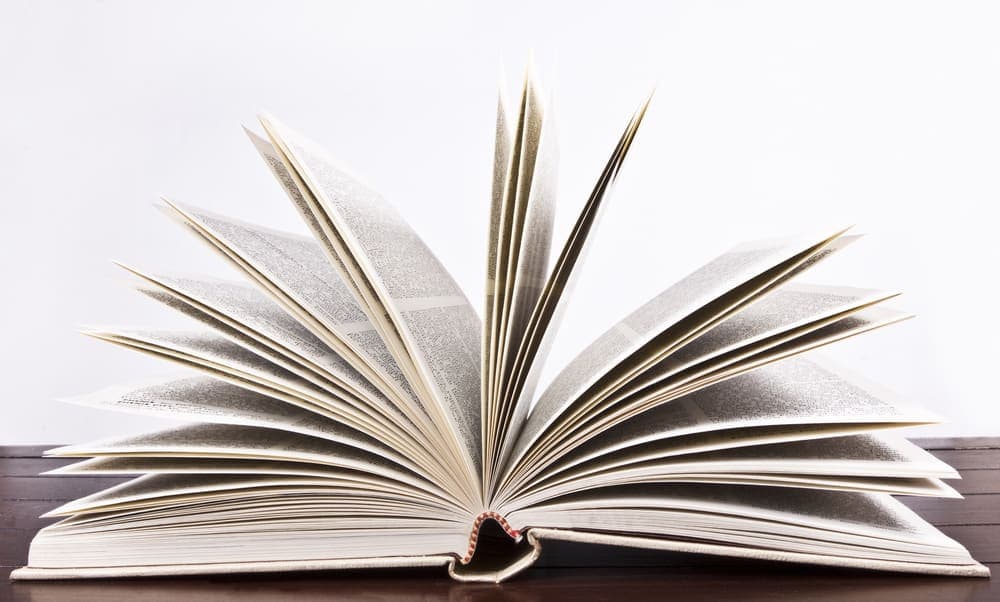
When I talked to my son Ben yesterday, he was dreading next week when he had exams, a paper and a presentation due. It was the same story when my nephew called to chat. With so many students taking finals in the coming days, I thought I’d rerun an old post about how students can boost their chances of doing better on these dreaded exams. Lynn O.
What is the best way to ace your final exams? This is a timely question as millions of high school and college students are taking their final exams. You might assume that reading textbooks and notes over and over again is the best way to study, but researchers from Purdue and Washington University insist that it’s not the best approach.
Listen Up Test Takers
Here’s a better way to improve test scores: You should practice retrieving as much information as you can from memory just as you would have to do on test day. You can do this by writing down what you absorbed — without consulting your notes 
What the Experts Say
In contrast, simply reviewing your notes or textbook can provide you a false sense of confidence. In an interview with The Chronicle of Higher Education, here’s what one of the researchers, Jeffrey D. Karpicke, an assistant professor of psychology at Purdue, had to say about this phenomenon: “When you’ve got your chemistry book in front of you, everything’s right there on the page, it’s all very familiar and fluent,” says Jeffrey D. Karpicke, an assistant professor of psychology at Purdue University and lead author of a paper in the May issue of Memory about students’ faulty intuitions about effective study habits. “So you could say to yourself, ‘Yeah, I know this. Sure, this is all very familiar,'” Mr. Karpicke continues. “But of course, when you go in to take a classroom test, or in real life when you need to reconstruct your knowledge, the book’s not there. In our experiments, when students repeatedly read something, it falsely inflates their sense of their own learning.”
Learn More Here
To learn more, here is a press release from the Purdue study about the research on performing better on tests and here is the final exam article from The Chronicle. Who ever thought that hitting the books might not always be the best strategy to acing your finals? I also found some great advice from a professor writing in The Chronicle of Higher Education on how to take an exam after the studying is complete: How to Take a Final Exam (Part 1) How to Take a Final Exam (Part 2) And lay off the sugar.
Finally, another way that students (or anybody for that matter) can improve their brain power is the avoid sugar. I wrote a post for my college blog at CBS MoneyWatch that discusses UCLA research on sugar: Need Your Brain? This Food Can Make You Dumber

Just wanted to comment on something. The statement by Mr Karpicke ” … or in real life … the book’s not there.” In contrast as a practicing researcher and lab director, I expect the scientists and engineers here to have the book out. Not just the book, but cross references, and journal articles, etc. The real world is too important to trust to memory.